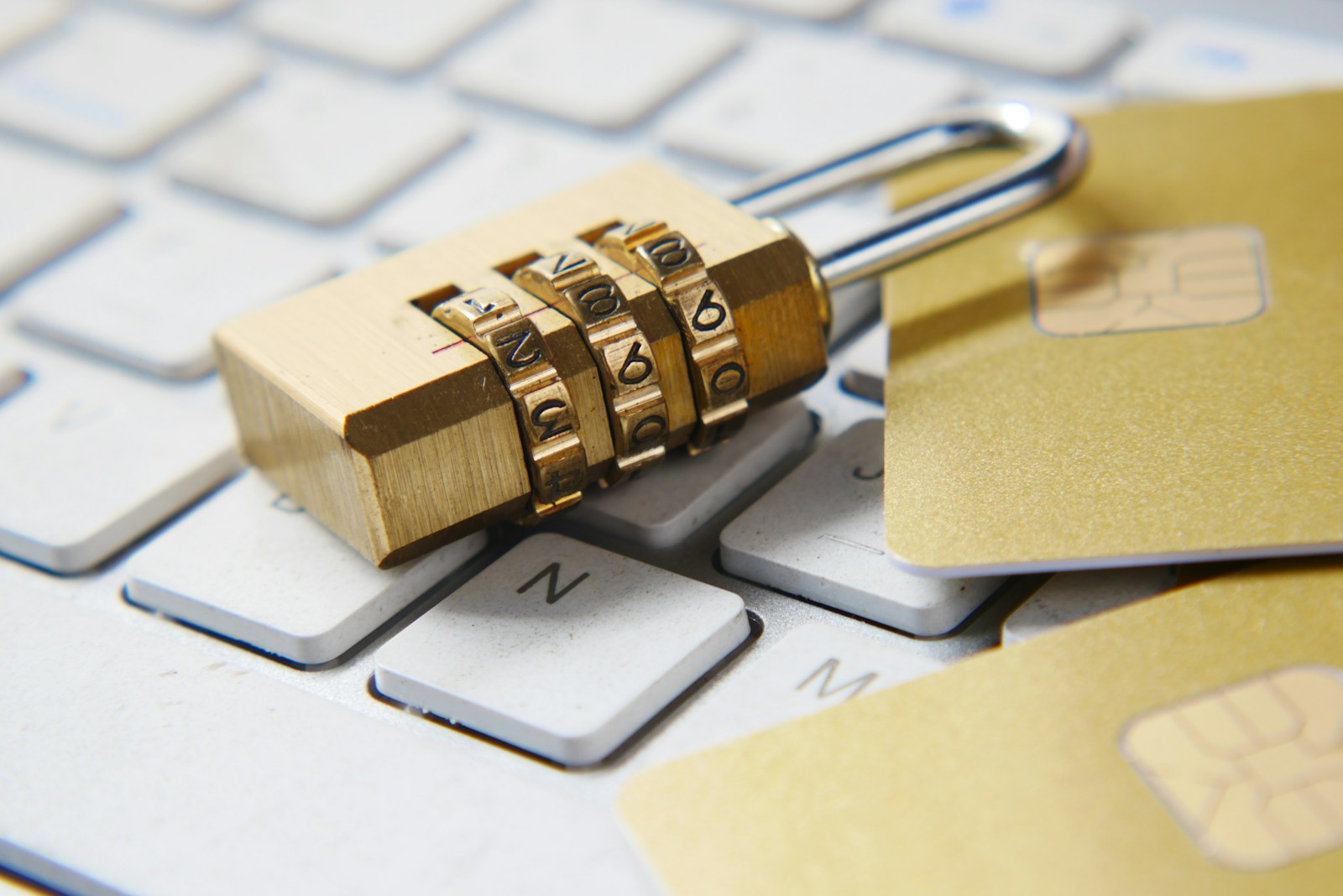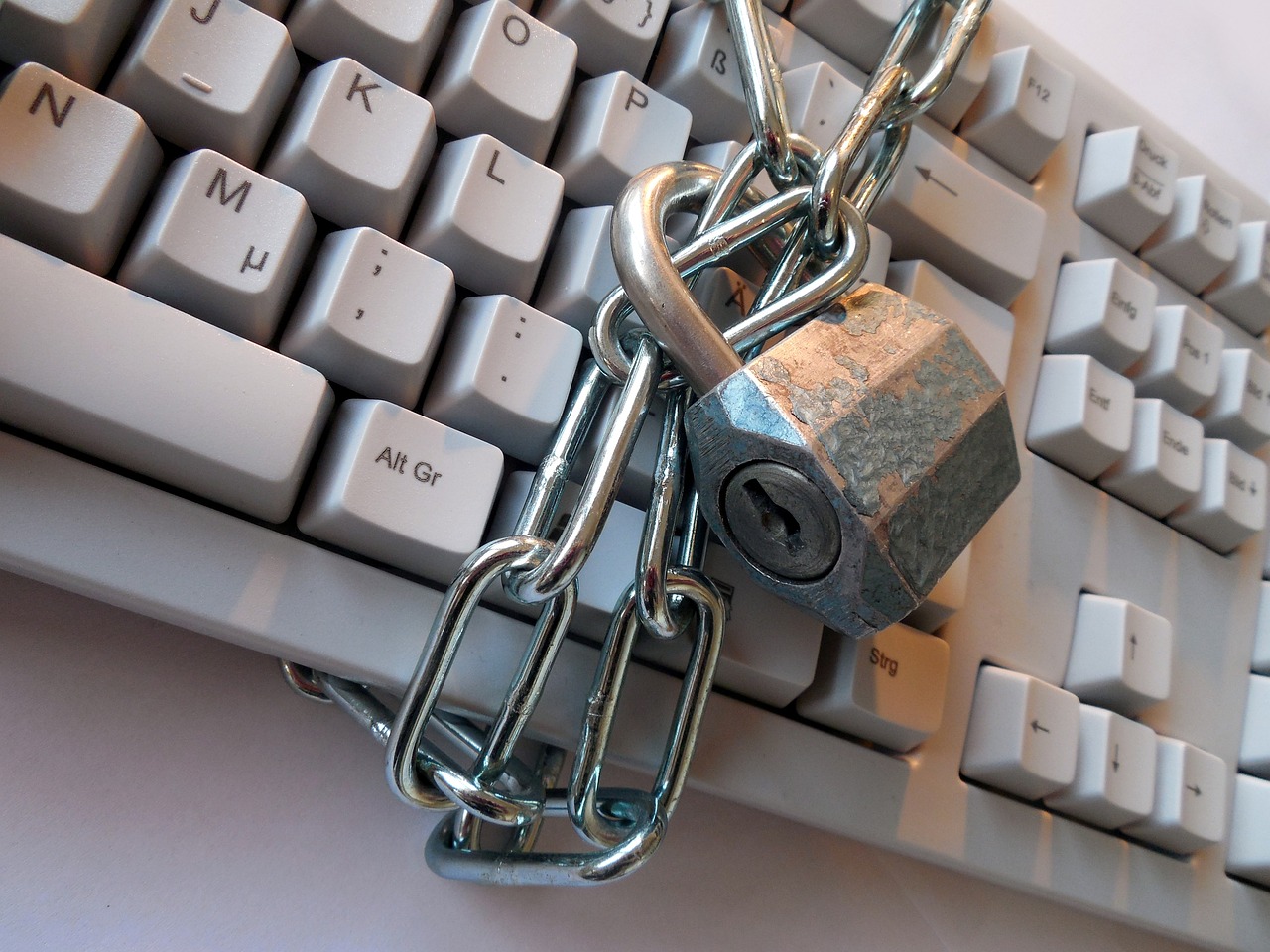Divorce can be a challenging and emotionally taxing process, and the need for privacy during this time is paramount. Protecting your personal information and ensuring your rights are upheld is essential for a smooth divorce proceeding. In this article, we will discuss the importance of privacy in divorce proceedings and provide you with valuable information on how to safeguard your information and maintain your privacy rights.
Why Privacy Matters in Divorce Proceedings
Privacy matters in divorce proceedings for a variety of reasons. This is a time of vulnerability and emotional distress for many individuals, and the last thing anyone needs is their personal information being exposed or used against them. Privacy allows individuals to maintain a sense of control over their personal lives during a time when everything may feel out of control. It also helps to protect sensitive information such as financial records, medical history, and communication with legal counsel.

Understanding Your Right to Privacy
As an individual going through a divorce, you have the right to privacy just like in any other legal matter. This means that your personal information should be kept confidential and only shared with those who have a legitimate need to know. Understanding your right to privacy is crucial in ensuring that your information is not misused or disclosed without your consent.
Legal Protections for Privacy During Divorce
There are legal protections in place to safeguard your privacy during divorce proceedings. For example, attorneys are bound by confidentiality agreements and are obligated to keep your information confidential. Additionally, court documents can be sealed to protect sensitive information from public disclosure. Understanding these legal protections and how they apply to your case is essential for maintaining your privacy rights.
Common Areas Where Privacy is at Risk
During a divorce, there are several common areas where privacy is at risk. This includes financial records, communication with your attorney, personal emails and messages, and social media activity. It is important to be mindful of these areas and take proactive steps to protect your personal information from being accessed or used against you.

Safeguarding Your Personal Information
To safeguard your personal information during a divorce, consider taking the following steps: secure your electronic devices with strong passwords, limit the information you share on social media, shred documents containing sensitive information, and communicate with your attorney through secure channels. These simple measures can go a long way in protecting your privacy during this challenging time.
The Role of Technology in Divorce Privacy
Technology plays a significant role in divorce privacy, as it can be used to gather evidence, track communication, and access personal information. Be mindful of how you use technology during your divorce, and consider using encrypted messaging apps, secure email services, and password-protected devices to maintain your privacy.
Strategies for Maintaining Privacy in Divorce
There are several strategies you can employ to maintain your privacy during divorce proceedings. First, be cautious about what you share with others, including friends and family members. Second, consider using a trusted third party to communicate with your ex-spouse if necessary. Finally, consult with your attorney about steps you can take to protect your privacy throughout the divorce process.
Seeking Legal Counsel for Privacy Concerns
If you have concerns about your privacy during divorce proceedings, it is essential to seek legal counsel. An experienced attorney can help you understand your rights, navigate the legal process, and advocate on your behalf to protect your privacy. Don’t hesitate to reach out to a legal professional if you have any concerns about confidentiality or information security.

Potential Consequences of Privacy Violations
Privacy violations during divorce can have serious consequences, including the misuse of personal information, financial losses, emotional distress, and legal repercussions. By taking proactive steps to protect your privacy and enforce your rights, you can avoid these potential consequences and ensure a smoother divorce process.
Advocating for Your Privacy Rights
As a party in a divorce proceeding, it is important to advocate for your privacy rights and take a proactive stance in protecting your personal information. Don’t be afraid to speak up if you feel your privacy is being violated, and work with your attorney to address any concerns promptly. By advocating for your privacy rights, you can assert control over your personal information and ensure a fair and confidential divorce process.
Empowering Yourself During the Divorce Process
Empowering yourself during the divorce process involves taking control of your personal information, communicating effectively with your attorney, and staying informed about your rights. By empowering yourself, you can navigate the divorce process with confidence and protect your privacy along the way. Remember that you have the right to privacy and the power to enforce it.
Taking Control of Your Privacy: Tips and Resources
To take control of your privacy during divorce, consider the following tips and resources: educate yourself about privacy rights in your jurisdiction, communicate openly with your attorney about privacy concerns, and stay vigilant about safeguarding your personal information. Additionally, consider seeking support from privacy advocacy groups and legal resources to help you protect your privacy rights during this challenging time.

Privacy is a fundamental right that should be upheld and protected during divorce proceedings. By understanding your right to privacy, taking proactive steps to safeguard your personal information, and seeking legal counsel for privacy concerns, you can maintain control over your personal information and ensure a smoother divorce process. Remember that you have the power to advocate for your privacy rights and empower yourself to protect your personal information during this challenging time. Stay informed, stay vigilant, and take control of your privacy to navigate the divorce process with confidence.












